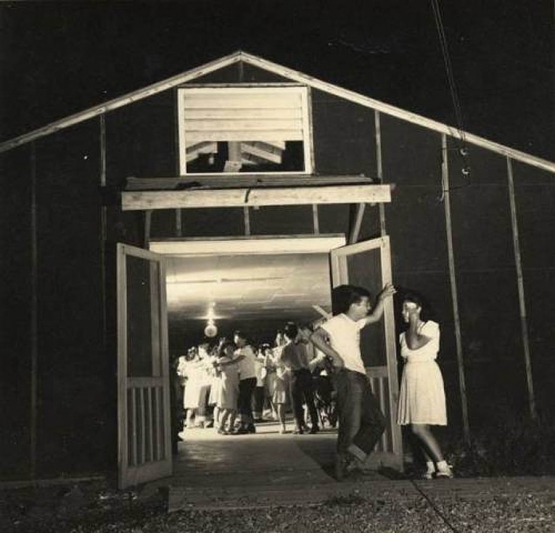First Election Planned for Post-Fascist Japan
(Philadelphia Record, 1945)
“The Japanese Cabinet decided yesterday a general election will be held January 20 to 31 [1946], and the Tokyo newspaper Yomuri Hochi urged ‘spontaneous and vigorous action’ toward forming a democratic government.”
Wanting the Japanese Cabinet to know who was in charge, General MacArthur moved the date up to December seventeenth [1945]. It was the first time Japanese women had ever voted.

